Product Description
REAGEN AAV9 Titration ELISA Test Kit is a competitive enzyme immunoassay for the quantitative determination of AAV serotype 9 particles in cell culture supernatants and purified virus preparations.
Adeno-associated viruses (AAV) are non-pathogenic ssDNA viruses, which are subject of intense studies as viral vectors for gene therapy. The virus transduces a variety of dividing and non-dividing cells showing long term gene expression with low cellular immune response. AAV has been used in several clinical trials (e.g. FIX, CFTR, Parkinson’s, Canavan disease) showing no serious vector-related adverse effects. Methods for the characterization of AAV preparations currently include titration ELISA, qPCR, ddPCR, DNA dot blot, determination of transducing units, infectious center assay, SDS-PAGE or electron microscopy. Immunotitration by REAGEN’ AAV9 Titration ELISA offers a fast, sensitive and reproducible method for titration of intact AAV9 wild-type virions, AAV9 recombinant virions or assembled and intact empty AAV9 capsids.
Procedure Overview
REAGEN The assay is based on the sandwich ELISA technique. A monoclonal antibody specific for a conformational epitope on assembled AAV9 capsids is coated onto strips of a microtiter plate, captured AAV particles are detected in two steps:
- Another Anti-AAV9antibody was used as detection antibodies.
- A Anti-Human IgG Fc Secondary Antibody reacts with the immunocomplex.
Addition of substrate solution results in a color reaction, which is proportional to the amount of specifically bound viral particles. The absorbance is measured photometrically at 450 nm (optional: reference wavelength at 620 nm).
The provided AAV9 standard contains an AAV9 particle preparation of empty capsids. Two-fold serial
dilutions of the material result in a typical titration curve. The curve allows the quantitative determination of samples of an unknown particle titer.
Kit Contents, Storage and Shelf Life
AAV9 Titration ELISA Test Kit has the capacity for 96 determinations or testing of 42 samples in duplicate (assuming 12 wells for standards). Return any unused microwells to the foil bag and reseal them with the desiccant provided in the original package. Store the kit at 2-8°C . The shelf life is 12 months when the kit is properly stored.
Required Materials Not Provided With the Kit
- Microtiter plate reader(450 nm, optional: reference wavelength at 620 nm)
- Incubator
- 10, 20, 100 and 1000 mL pipettes
- Multi-channel pipette: 50-300 mL (Optional)
- Distilled water
Warnings and Precautions
- Do not use the kit past the expiration date.
- Do not intermix reagents from different kits or lots except for components with the same part No’s within their expiration dates.
- Try to maintain a laboratory temperature of 20°–25°C (68°–77°F). Avoid running assays under or near air vents, as this may cause excessive cooling, heating and/or evaporation. Also, do not run assays in direct sunlight, as this may cause excessive heat and evaporation. Cold bench tops should be avoided by placing several layers of paper towel or some other insulation material under the assay plates during incubation.
- Make sure you are using only distilled or deionized water since water quality is very important.
- When pipetting samples or reagents into an empty microtiter plate, place the pipette tips in the lower corner of the well, making contact with the plastic.
- Incubations of assay plates should be timed as precisely as possible. Be consistent when adding standards to the assay plate. Add your standards first and then your samples.
- Always refrigerate plates in sealed bags with a desiccant to maintain stability. Prevent condensation from forming on plates by allowing them equilibrate to room temperature (20 – 25°C / 68 – 77°F) while in the packaging.


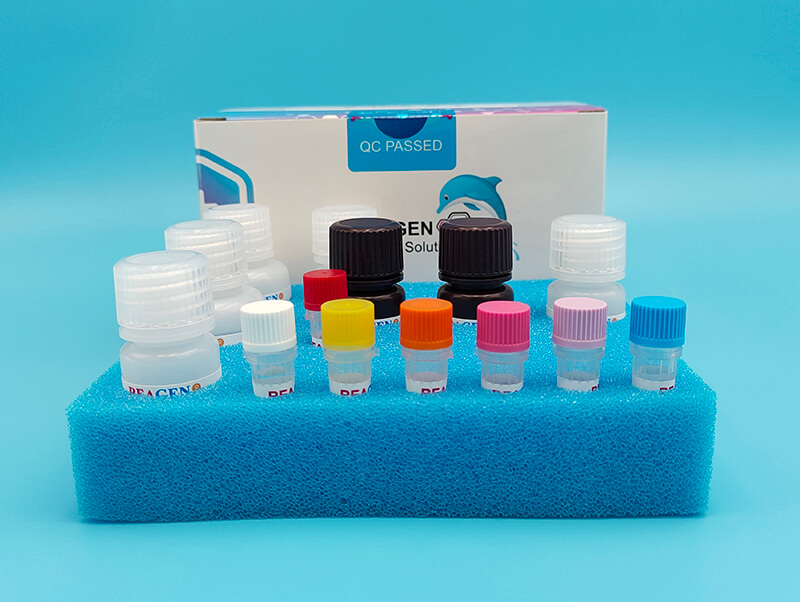
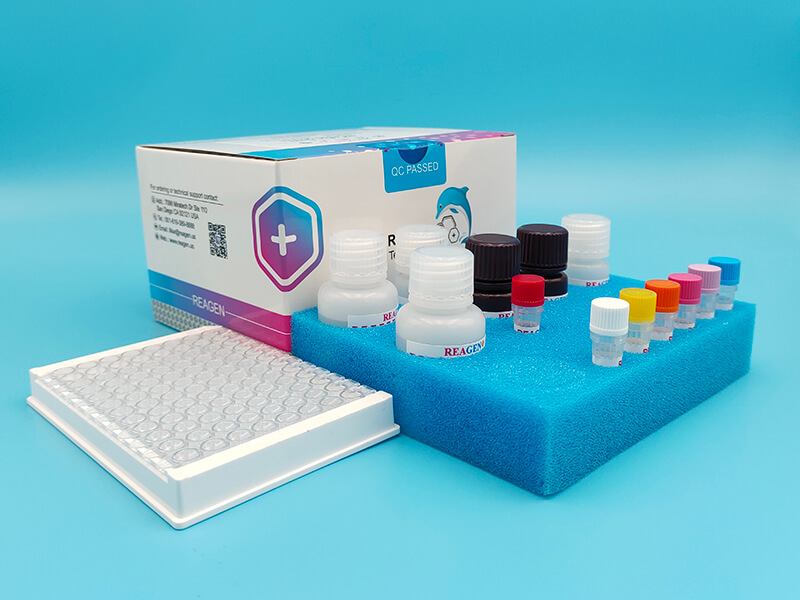
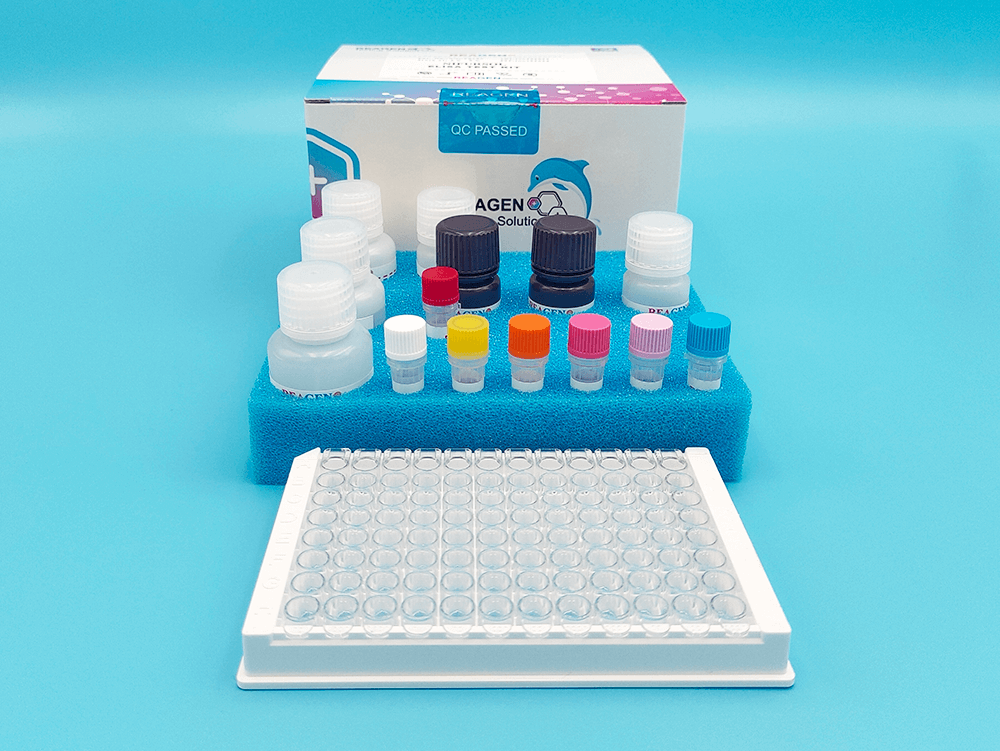
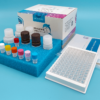
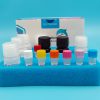
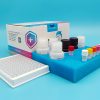
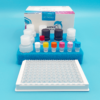
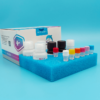
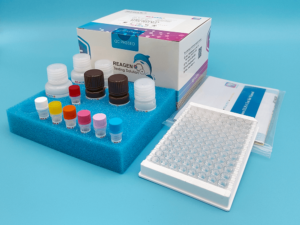
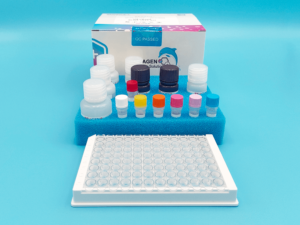
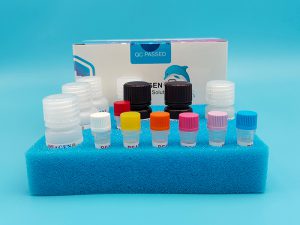
Reviews
There are no reviews yet.